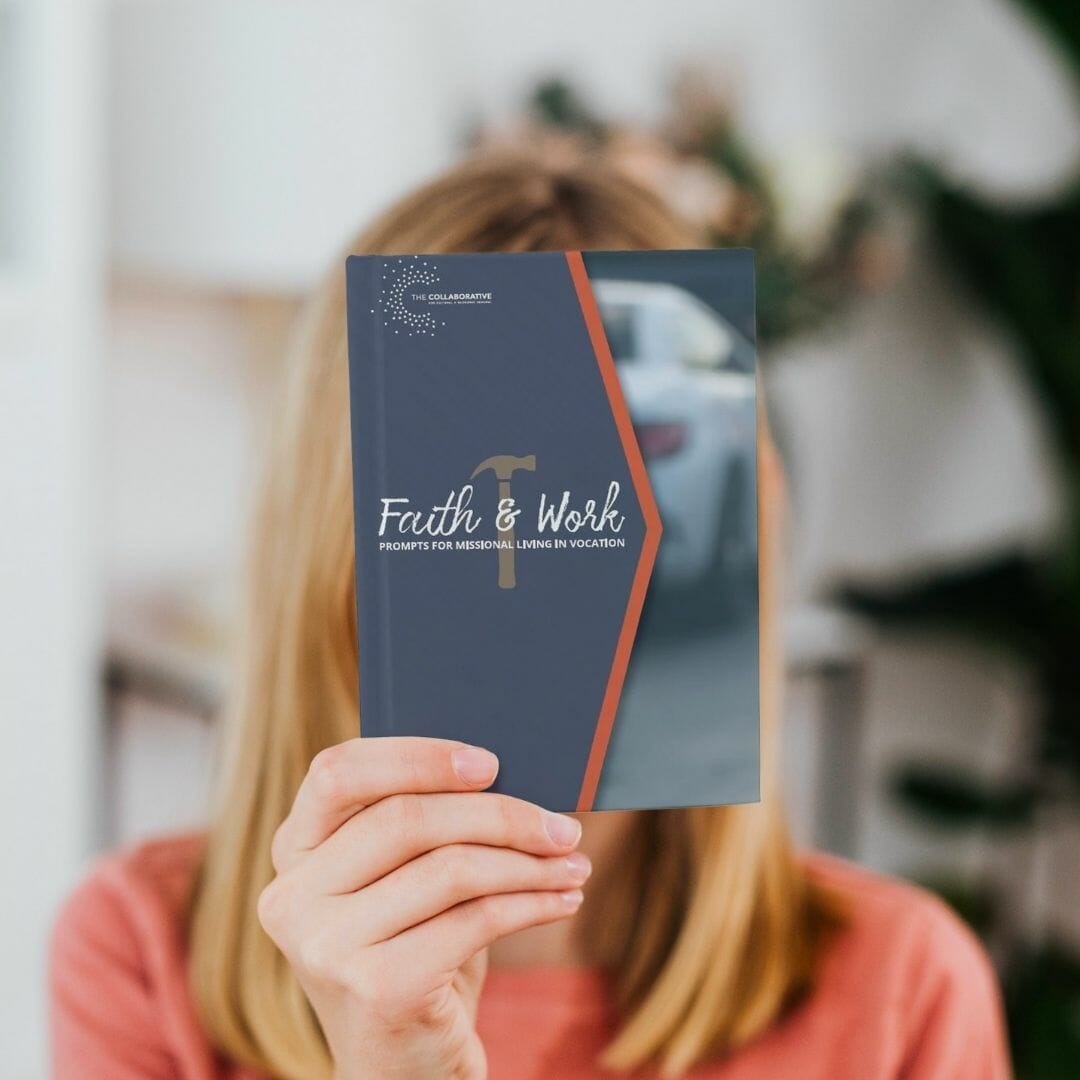To create is to take ownership. When an author writes a book, a painter paints a painting, or a director directs a movie, they are responsible for that work. When an artist stands before an audience and explains their work, they become vulnerable. In a world where the click of a button causes content to spill out like a disturbed ant hill, people don’t measure the artist against a few of the great works like Shakespeare, Proust, or Hemingway. At least then the artist could claim to be fresh, to be the voice of a generation. Instead in today’s media swarm, the audience measures the artist against every example of great content they’ve heard in the last six months. To craft your heart and soul into a work and release it to the world is a dangerous act. People can be callous. People can be cruel. When you take a stand behind your work, you can no longer run from the critics, the mockers, and the envious. To take responsibility is to open yourself to pain.
Any person who has created something of worth has stories of pain, of late nights, juggled debts, headaches that leave you grinding your palms into your temples wondering why you’re doing this. Just recently, my wife and I started a business together. Building a business is like planting the tiniest seed and holding an umbrella for years over the slowly growing sapling because there’s always a thunderstorm crashing right above your head. Creating and protecting the space for something to grow requires a lot from those who want to see the fruit. I’m not saying it’s not worth it. I’m saying that it’s hard. Every entrepreneur knows that building a business requires sacrifice, much as any artist knows the price of creating anything worthwhile.
In this openness to pain, leadership is very similar to creation. Leadership also requires sacrifice. Leadership means assuming the responsibility of making tough choices or even having those choices thrust upon you. Perhaps you’re the child who is closest to dad when he starts fading away into dementia. That first call, when you take a deep sigh, pick up your cell phone, and tell the others, “Something’s wrong with Dad,” is your responsibility. And that step is not trivial. The world is full of people ignoring difficult issues. It is an act of leadership to call people together to confront a problem. But even something like this can open yourself to pain. Your dad might not appreciate your concern because he might not want to admit what’s happening. Even the smallest act of leadership can open yourself to pain.
But we do these things because as human beings we are called to love, and to love is to open your heart to pain. It is through love that the webs of responsibility that we talked about last week are created. I am not advocating that we seek out pain, but we cannot (or at least should not) accept responsibility without an awareness of the sacrifice that responsibility will bring. When we love people, when we seek them out and spend time with them, we will constantly encounter our responsibility to them. The growth of any relationship creates opportunities for us to help or hurt the other person and for them to help or hurt us.
This openness to pain is the heart of responsibility, and there is no greater example of this openness than the cross. Christ took upon himself responsibility for all mankind. Christ died on the cross to create a blessed people of God. Christ died on the cross to assume the mantle of authority that he now wears at the right hand of God. Christ died on the cross because he loves us. The brokenness of Christ on the cross, the surreal agony that he endured, is a reminder of the dangerous responsibility we have to take up our cross and follow in his footsteps. We follow Christ when we create, when we lead, and when we love. This our responsibility, this is our calling, and it is good to be reminded that this responsibility demands sacrifice.
PJ Wehry is a Gotham alumnus and the co-founder of Candid Goat, a web development agency serving small businesses in Orlando.
What We Are Thinking About
Quote: “Why shouldn’t the death of a person you love bring you into lurid ruin? You don’t know how to love the one you love until they disappear abruptly. Then you understand how thinly distanced from their suffering, how sparing of self you often were, only rarely unguarded of heart, working your networks of give-and-take.” – Don DeLillo
Event: Lifework Leadership Lunch with Katherine Leary Alsdorf, Wednesday, April 3 at Noon



